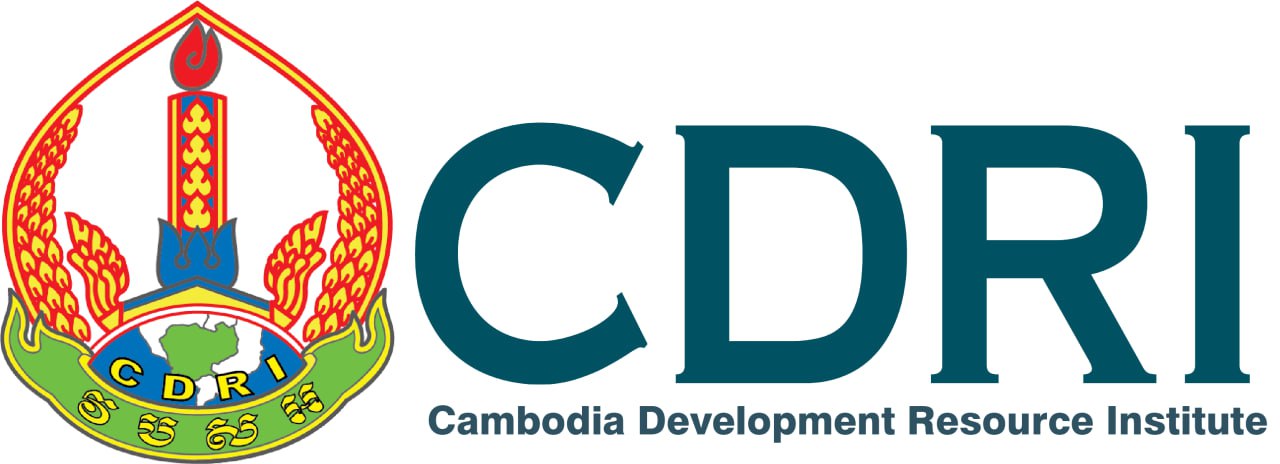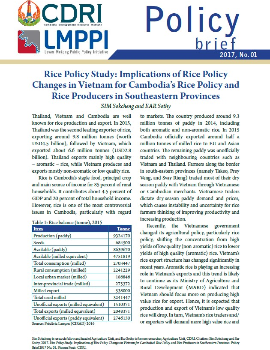SIM Sokcheng
Director
Mr Sim Sokcheng is currently the Director and a Research Fellow in the Center for policy research in agriculture and rural development of CDRI. He has joined CDRI since 2013 as a research associate. He has extensive experience on leading and managing various research projects and doing research on agriculture, economic development, programme impact evaluation, particularly research survey with rural farmers. Mr. Sokcheng is a Ph.D. candidate and hold a master’s degree in Economics majoring in Development Economics from Kobe University, Japan. Current research highlights include research on promoting sustainable and inclusive agricultural development through public-private partnerships (PPPs) in agriculture and impact evaluation for community-based childcare for garment factory workers.
Email : simsokcheng@cdri.org.kh
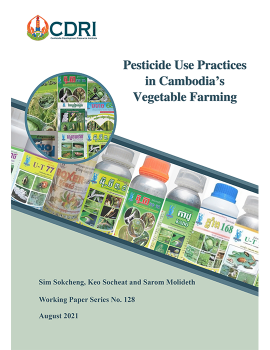
Pesticides are agricultural technologies that farmers use to control pests and weeds and remain an important modern input for crop production including vegetable farming. There are many types of pesticides, such as insecticides, fungicides, rodenticides and herbicides, that target different threats to crops. While the potential production benefits...
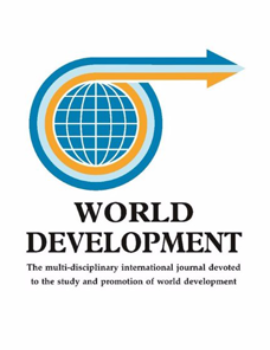
Growing rural-to-urban and international migration flows have sparked concerns about the investments in the education of the children left behind in Cambodia. We draw on a panel household-level survey conducted in rural villages in 2014 and 2017 to analyse the relationship between parental migration and children’s schooling. The analysis shows that...
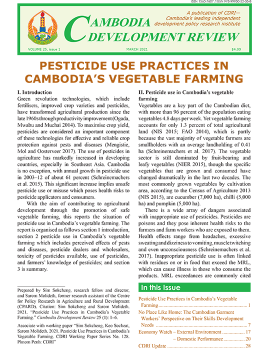
Pesticides are agricultural technologies that farmers use to control pests and weeds and remain an important modern input for crop production including vegetable farming. There are many types of pesticides, such as insecticides, fungicides, rodenticides and herbicides, that target different threats to crops. While the potential production benefits...
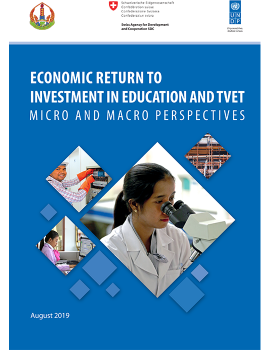
This study is a part of the UN Joint Programme through which the UNDP seeks to examine the relationship between the economic/monetary returns of investments in education and technical vocational education and training (TVET) at individual, household and national levels. The overall objectives of the study are (1) to estimate the rate of return at t...
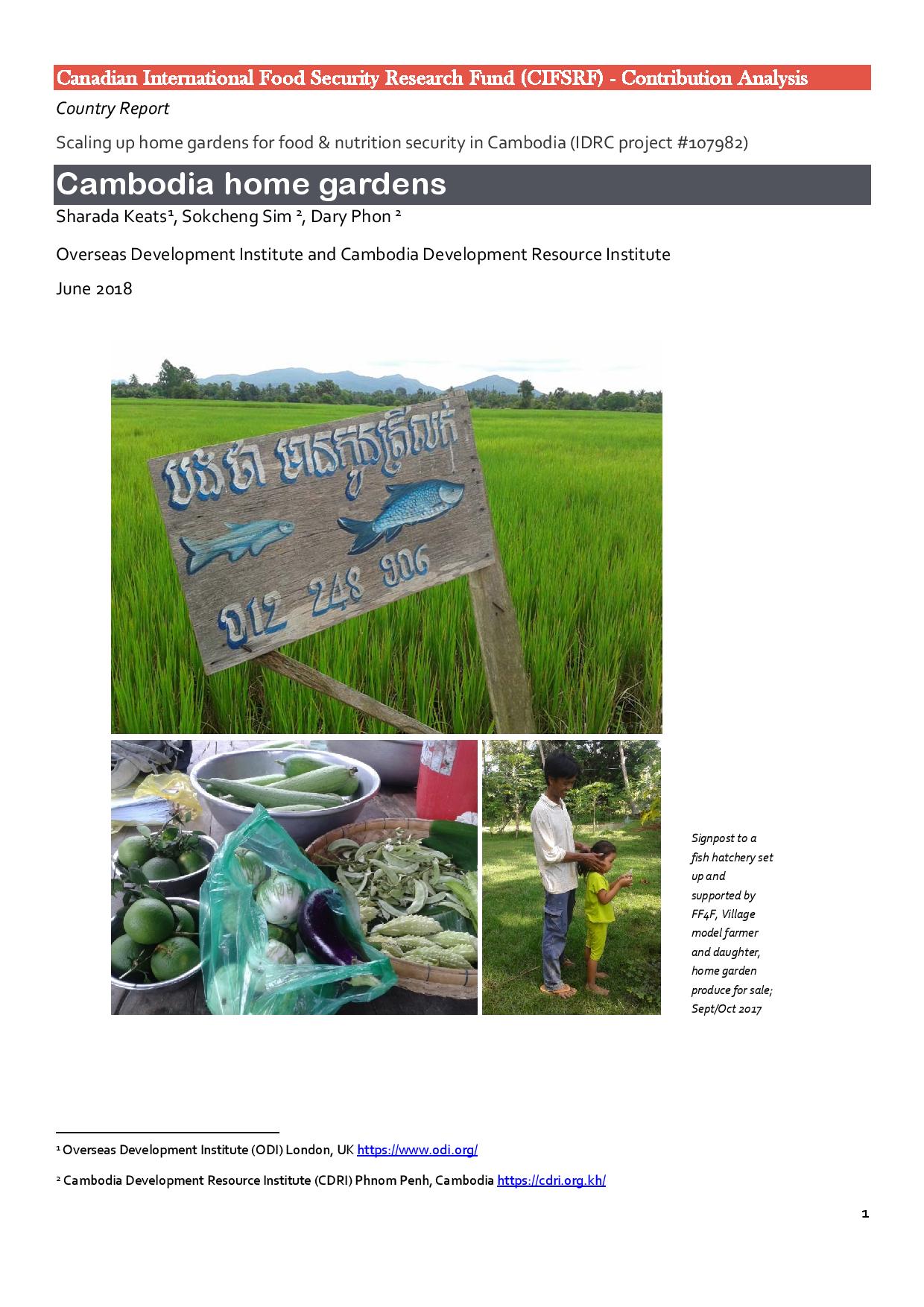
This report reviews a project funded under the research program called “Scale up of Homestead Food Production for Improved Nutrition in Cambodia”, also known as “Family Farms for the Future (FF4F)”. The project tries to capture FF4F’s immediate and potential contribution to food security. FF4F aims to help three main groups: large-scale producers o...
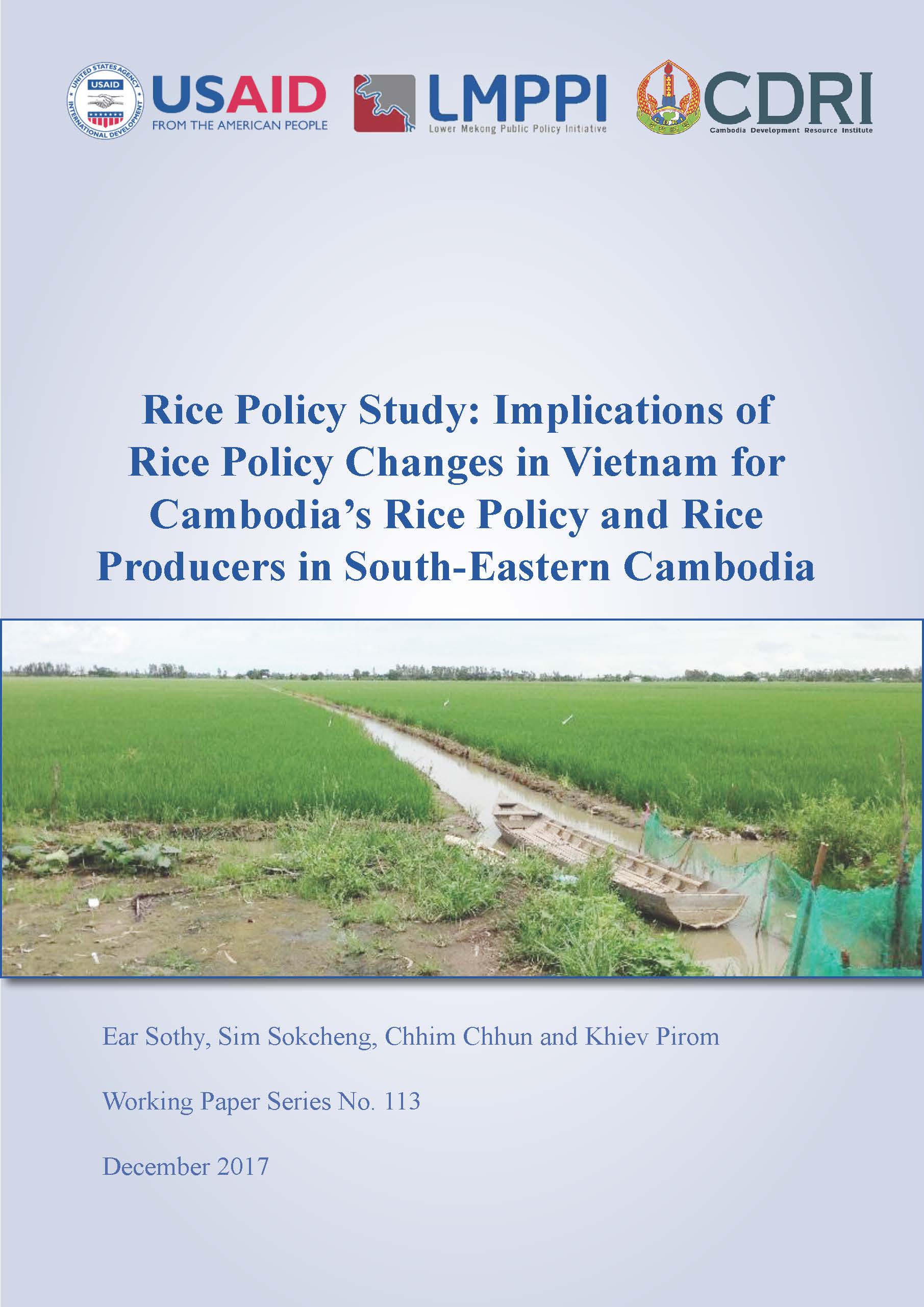
There are many studies about rice production in Cambodia, but none focus on the geographical location of rice production, particularly in the south-eastern provinces of Prey Veng, Takeo and Svay Rieng. Farmers in these areas produce mainly low-value rice (IR504) most of which is exported as wet paddy to Vietnam. The Vietnamese government recently d...
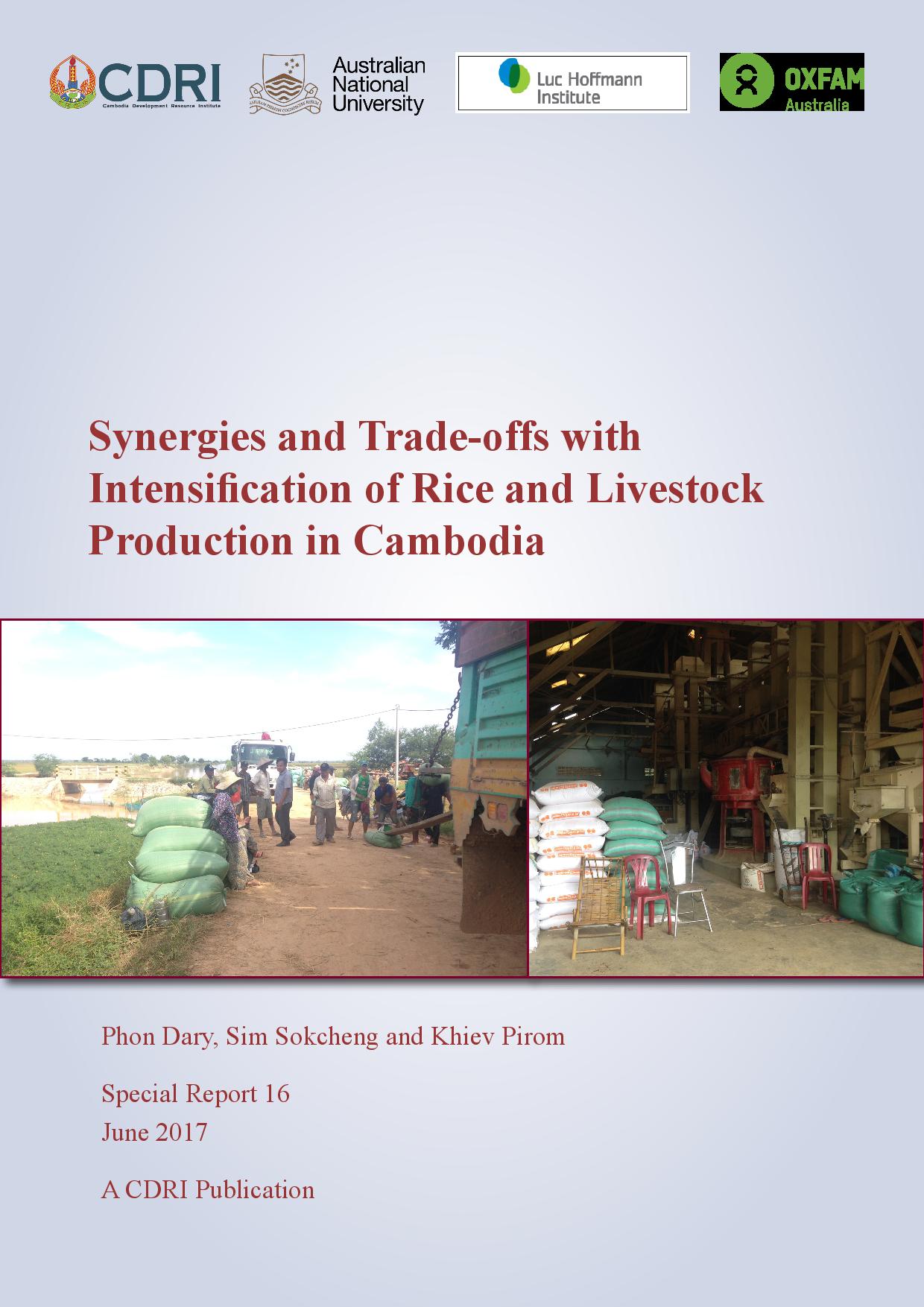
This study examines the benefits, risks and costs of changing from flood recession to intensive irrigated agriculture in Cambodia. Methods used include food supply calculation, nutritional supply estimation, potential production area projection, water use estimation, and energy consumption estimation. Three scenarios were designed to model current...
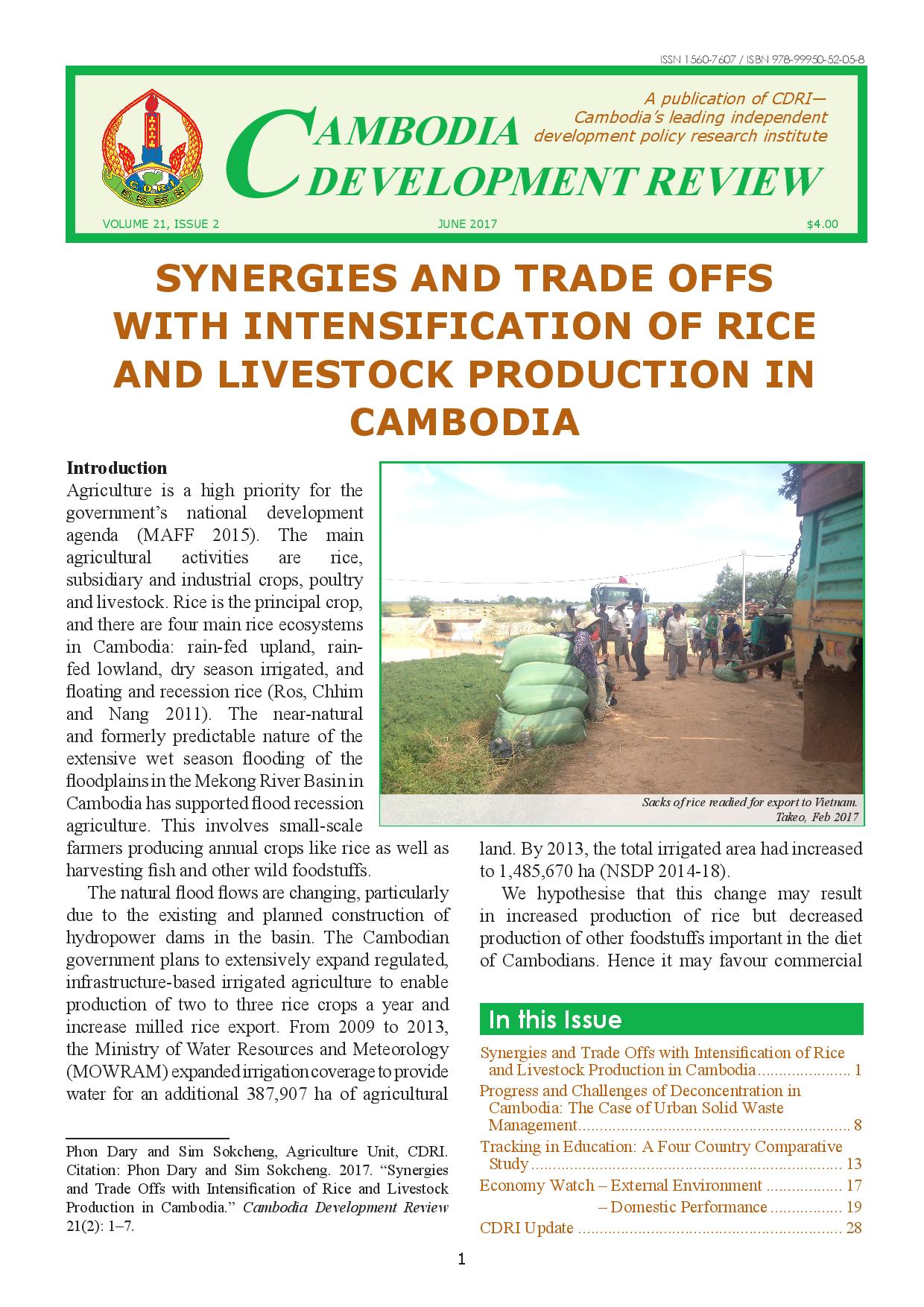
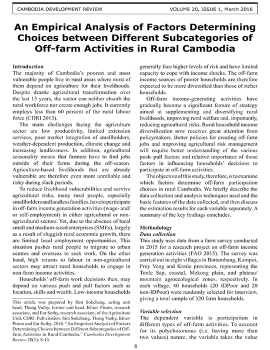
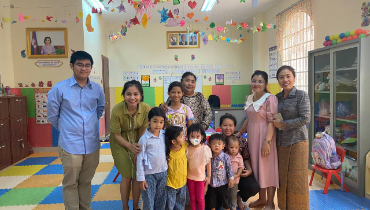
The World Bank project on “Evidence Based Policy Study: Supply and Demand Solutions for Accessibility and Affordable Childcare Services in Cambodia” examines the interlink between supply and demand for childcare services to analyze the correlation between the supply and demand for daycare centers and employment rates. This is an emerging concern...
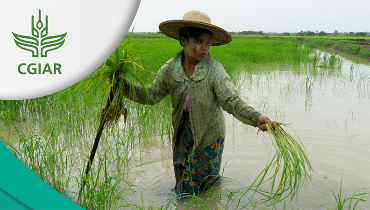
To address urgent concerns on climate change, the CGIAR, together with its centres and development partners, is officially launching the Securing the Food Systems of Asian Mega-Deltas for Climate and Livelihood Resilience (AMD). The initiative aims to create resilient, inclusive, and productive deltas by removing systemic barriers to the scaling of...

IT for Change, Institute of Development Studies (IDS) and country partners are preparing a project on “Digital Economic Integration of MSMEs in the Global South”, focusing on micro, small and medium enterprises (MSMEs). Due to the Covid-19 pandemic, MSMEs of low-income populations have faced abrupt economic downturn in which the global consensus ev...
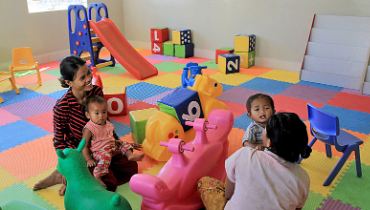
The World Bank’s East Asia and Pacific Chief Economist Office is preparing a regional flagship report on childcare. The report is exploring how childcare availability can promote equity and growth objectives and how childcare can be designed to balance the dual objectives of promoting children’s development and mothers’ labour force participation....
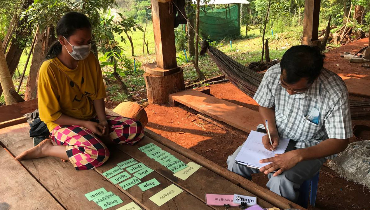
To improve undernutrition challenge, a five-year The Cambodia Nutrition Project (CNP) was formulated with The MOH and the National Committee for Sub-national Democratic Development (NCDDS) of the Ministry of Interior are the implementing agencies. The project brings together global evidence on effective interventions with Cambodia’s priorities to d...
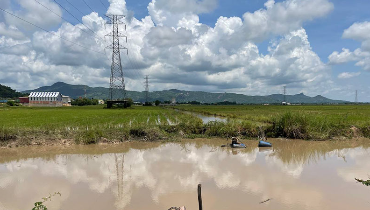
More than 60 percent of Cambodia farmers grow rice, also, rice farmers mostly are smallholder suffering from low productivity, inadequate infrastructure, and vulnerability to flooding and drought. Remote smallholders might not benefit from existing irrigation system. Supported by IFAD-NARDT, the study is policy relevant which will provide evident...
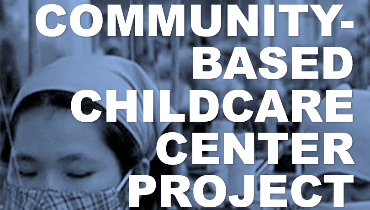
To design, administer, and disseminate the results of an impact evaluation of community-based day-cares for the children of garment factory workers (CBCC) in Kampong Speu Province, Kandal Province, and other areas. To design a rigorous program evaluation that answers pre-specified research questions on the impact of professional, high-quality dayca...
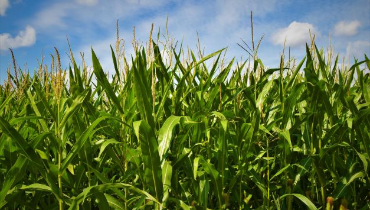
From the early 1990s, Cambodia’s agricultural food trade was seen as exports of raw materials and unprocessed primary commodities to neighboring countries such as Thailand and Vietnam. The production and processing capacity were remarkably low at the time. Realizing the tremendous amount of the exports and great loss of value-added incomes, the Roy...
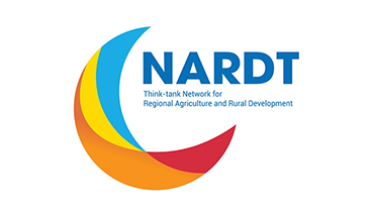
The Network of Agriculture and Rural Development Think-tanks (NARDT) project is designed to form a consortium with flexible cooperation mechanism where think tanks of different stakeholders of Cambodia, Myanmar, Lao and Vietnam can work together in an effective manner to improve the quality of policies in agriculture and rural development and facil...
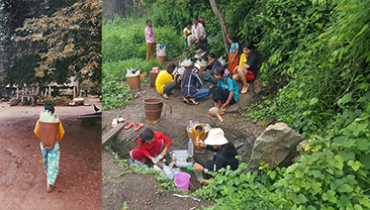
This study aims to fill this gap in research by conducting a Gender and Inclusive Development Analysis (GIDA) combining qualitative and quantitative approaches. The GIDA is intended to inform USAID’s work plans regarding the Cambodia Country Development Strategy (CDCS) for 2020-2025 by providing a rationale, data and recommendations of which gender...
